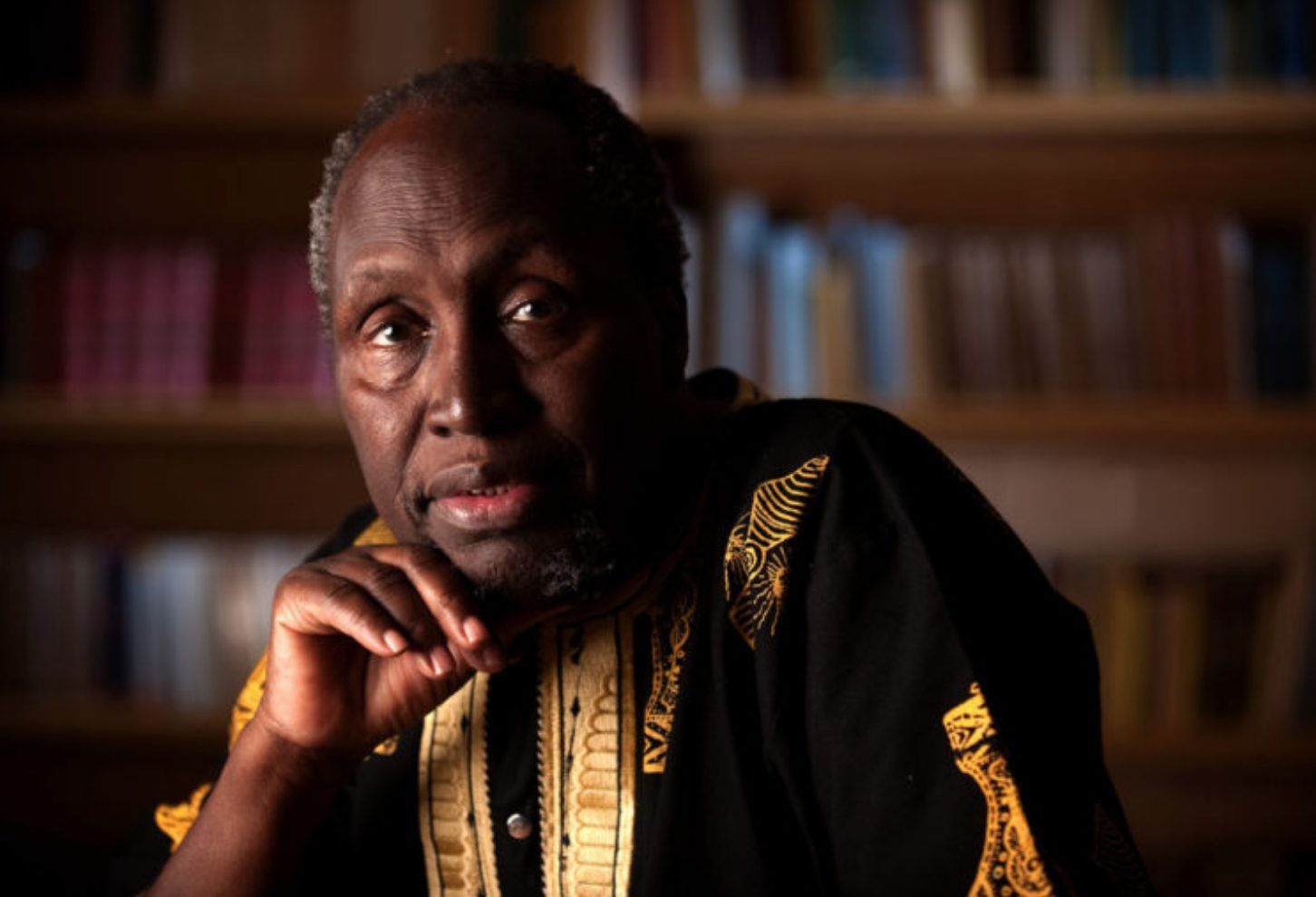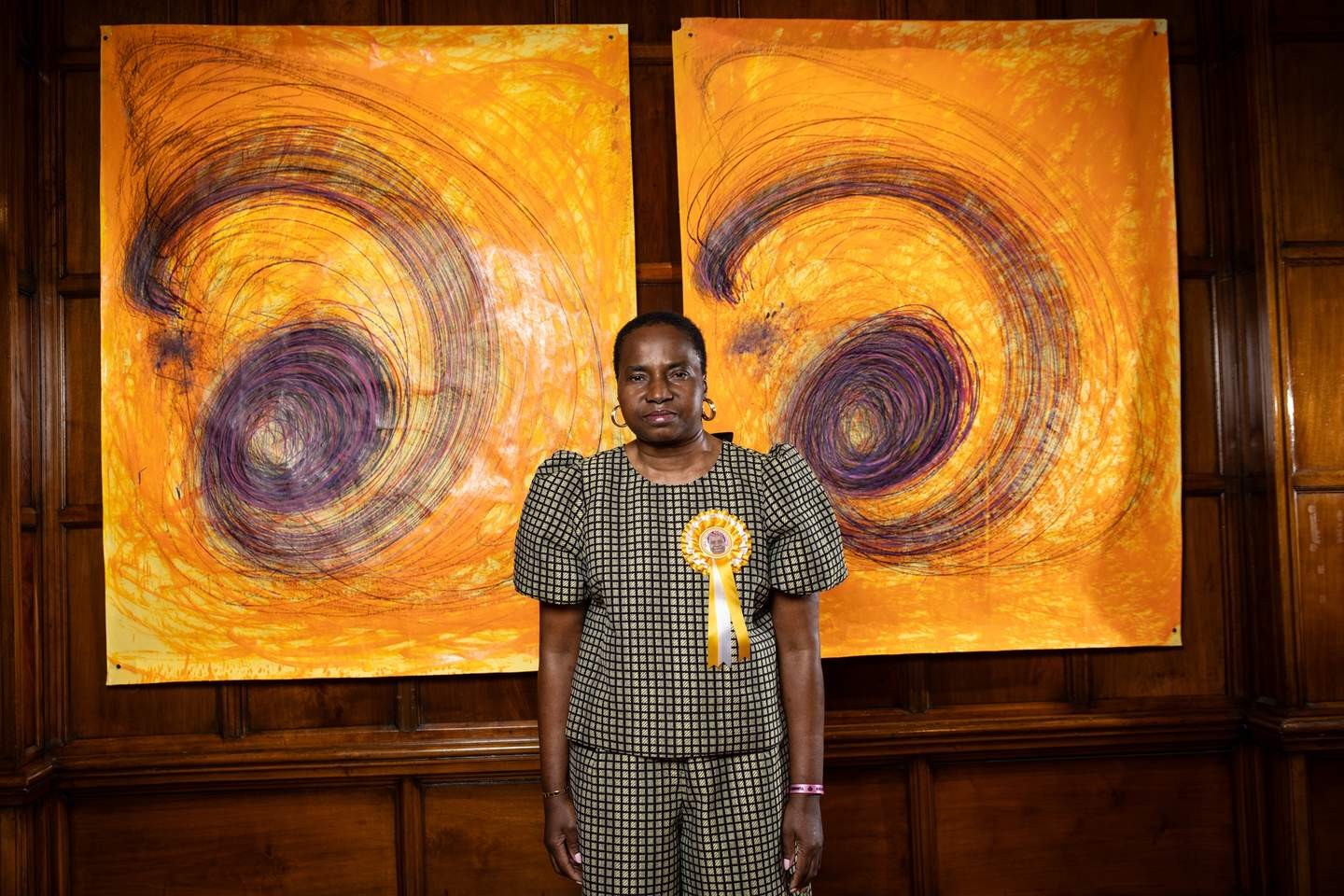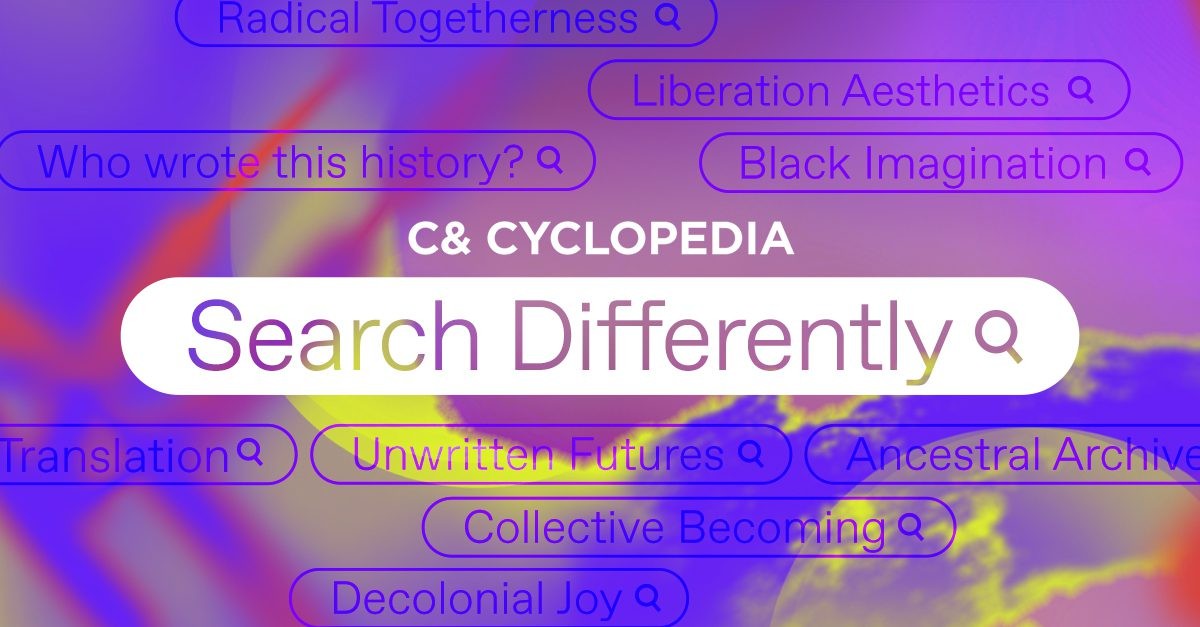Ngùgì wa Thiong’o wins 2019 Peace Prize

Every two years since 1991, the city of Osnabrück has awarded the Peace Prize, named after the world-famous writer Erich Maria Remarque, who was born in Osnabrück. This year the award will be presented for the 15th time. The Erich-Maria-Remarque Peace Prize, endowed with 25,000 euros, is awarded to the Kenyan writer and cultural scholar …
Every two years since 1991, the city of Osnabrück has awarded the Peace Prize, named after the world-famous writer Erich Maria Remarque, who was born in Osnabrück. This year the award will be presented for the 15th time. The Erich-Maria-Remarque Peace Prize, endowed with 25,000 euros, is awarded to the Kenyan writer and cultural scholar Ngũgĩ wa Thiong’o chiefly with regard to his anti-colonialist topics, his reference to traditional African theatre and narrative art and his advocacy of the preservation of his mother tongue as a mark of identification.
Ngũgĩ wa Thiong’o understands communication among the different languages as a peace-building element. He is regarded as one of the most important voices in African literature. His essays, collected in his anthology Decolonising the Mind, determine the discussion of the continuing consequences of the colonisation of Africa to this day. Since 1984, he has been writing his literary texts only in his mother tongue, Kikuyu (Gikuyu), which he then translates into English. For him, writing in African languages is part and parcel of African literature, since it encompasses the myths and ways of thinking as well as the culture and the mentality of the people who speak this language. His collection of essays Decolonising the Mind also contains a selection of lectures and articles that fundamentally illustrates his postcolonial criticism and cultural studies theses.
“Especially in his essays Ngũgĩ wa Thiong’o refers at a very early stage to the highly topical discussion concerning the consequences of the colonial era – here, for instance, I am thinking of the question of the return of the captured cultural heritage – and the necessity of overcoming the power structures in the post-colonial states of Africa, which were also enabled or even only made possible in the first place by the European states,” says Lord Mayor Wolfgang Griesert.
“With Ngũgĩ wa Thiong’o we are honouring a writer who is concerned with the self-determination of African cultures and with a dissociation from colonial constraints. His attempt to create a dialogue through literature in spite of or indeed because of the different languages evokes understanding for this continent and can thus contribute towards peace. Ngũgĩ wa Thiong’o is an important representative of independence through language and advocates the right of peoples to cultural self-determination as an identity and peace-building characteristic”, says the statement of the jury.
Ngũgĩ wa Thiong’o is regarded as one of the most important writers in East Africa and has repeatedly been considered a candidate for the Nobel Prize for Literature, among others for his critical essays in the book Decolonising the Mind. Ngũgĩ has taught as a comparative literary scholar at Yale University, New York University and at the University of California, Irvine. From 1992 to 2002 Ngũgĩ wa Thiong’o was at the NYU, both as a Professor for Comparative Literature and Performance Studies and as a “Remarque Professor” for language. During the Mau Uprising in the 1950s, his family was captured, his stepbrother killed and his mother tortured. In 1964 Ngũgĩ published his first novel Weep Not, Child which had already made him world-famous. He sees himself as an anti-colonial writer and has therefore been publishing in his mother tongue, Kikuyu (Gikuyu). He translates his works into English himself, but they have also been translated into many other languages. It was not only his progressive themes that have made him popular, but above all his resistance to British colonial politics and the post-colonial rule of Daniel arap Moi’s government as well as his reference to traditional African theatre and narrative art. In 1977 he was tortured because of a critical play, imprisoned without trial and his books were banned. In the early 1980s he succeeded in obtaining political asylum in England. During a visit to Kenya in 2004, he and his wife were attacked and both returned to the USA, where they still live today. Ngũgĩ’s anti-colonialist theses have dominated the discussion in Africa and worldwide since their first appearance 30 years ago (see alsongugiwathiongo.com)
The Erich-Maria-Remarque Peace Prize is awarded, following the ideas of its namesake, for fictional, journalistic or scientific works which set out to engage with inner and outer peace as well as for demonstrating an exemplary commitment to peace, humanity and freedom.
www.osnabrueck.de
Announcement

Nnena Kalu wins Turner Prize 2025

Coming Soon: APRIA Journal Issue #7 — Exhaustion

Introducing the C& Cyclopedia
Announcement

Nnena Kalu wins Turner Prize 2025

Coming Soon: APRIA Journal Issue #7 — Exhaustion
